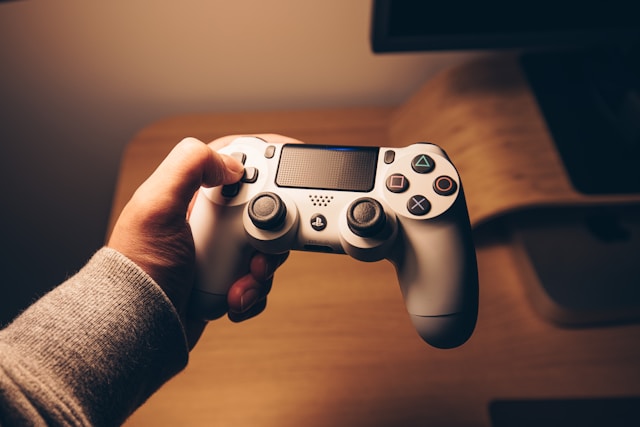

Legal framework for Brazil’s electronic games industry takes effect
Initiative establishes industry incentives and sets new rules for manufacturing, importing and commercializing games
Subjects
On April 6, 2024, Law No. 14,852/2024 was sanctioned in Brazil to establish a specific legal framework for the country’s electronic games industry (Legal Framework). The Legal Framework’s incentives and rules encompass the following types of products:
- Electronic games: defined as interactive audiovisual works in the form of computer programs, with images that change in real time based on the actions and interactions of the player(s) with the interface.
- Central devices (e.g., consoles) and accessories: specially designed to run electronic games for private or commercial use.
- Software: in the form of mobile applications or websites, console-based video games, as well as virtual reality, augmented reality, mixed reality, and extended reality games, whether downloaded or streamed.
Games offering bets or whose outcome is defined by random means or by a lottery fall outside the definition of ‘electronic games’. As such, companies in this industry cannot benefit from the advantages provided for in the Legal Framework. Fantasy games are also outside the scope of the framework.
Protecting minors
The conception, design, management and operation of electronic games must take the best interests of children and adolescents into account if they have access to such games. Game providers/developers must also implement adequate, proportional measures to mitigate risks to the rights of minors.
Game providers/developers must ensure that their services, systems, and official communities do not promote or create an environment conducive to discrimination, violence, or other actions harmful to minors, while accessibility measures must be guaranteed for those with disabilities.
Certain safeguards for the rights of minors must be implemented in electronic games aimed at this demographic that allow users to interact via text messages, audio, video or content exchanges, including:
- A system for receiving and processing complaints and reports of abuse and user violations;
- Tools that allow for reviewing decisions and potentially reversing imposed penalties;
- Transparency regarding measures, methods and mechanisms employed; and
- Up-to-date parental moderation tools, among others.
By default, any in-game purchase tools must be able to restrict purchases and commercial transactions by children (where applicable) to ensure the consent of their legal guardians.
Finally, the Legal Framework establishes that the government will be responsible for classifying electronic games in Brazil, meaning prior authorization for the development and sale of such games is no longer required. Risks related to the use of microtransaction mechanisms must be taken into account when classifying games.
Taxation and incentives
The Legal Framework establishes that certain incentives applicable to the cultural sector also apply to the electronic games industry. In this regard, it provides that the Brazilian Audiovisual Law (Law No. 8,685/1993) will be applicable to electronic game developers, meaning investments in game development are considered equivalent to investments in research, innovation and culture. Moreover, electronic game development will be considered part of the cultural segment for the purpose of tax incentives provided for in the Rouanet Law (Law No. 8,313/1991).
In this context, the Legal Framework amended the Brazilian Audiovisual Law to establish a 70% income tax deduction on remittances abroad stemming from the exploitation of electronic games or licensing. However, the Brazilian President vetoed this provision as it would have created a revenue waiver without presenting a corresponding estimate of its budgetary and financial impact.
Business corporations, cooperatives, simple corporations and individual microentrepreneurs with a gross annual revenue of up to BRL 16 million in the previous calendar year (or BRL 1,333,334 multiplied by the number of months in operation, when operational for less than 12 months in the previous calendar year) may be eligible for special tax treatment as an incentive to promote the development of electronic games. In addition to this revenue requirement, developers must use innovative product or service-generating business models or be included in the special Inova Simples tax regime.
Law No. 14,852/2024 is effective immediately.
For more information on this topic, please contact Mattos Filho’s Technology and Entertainment practice areas.



